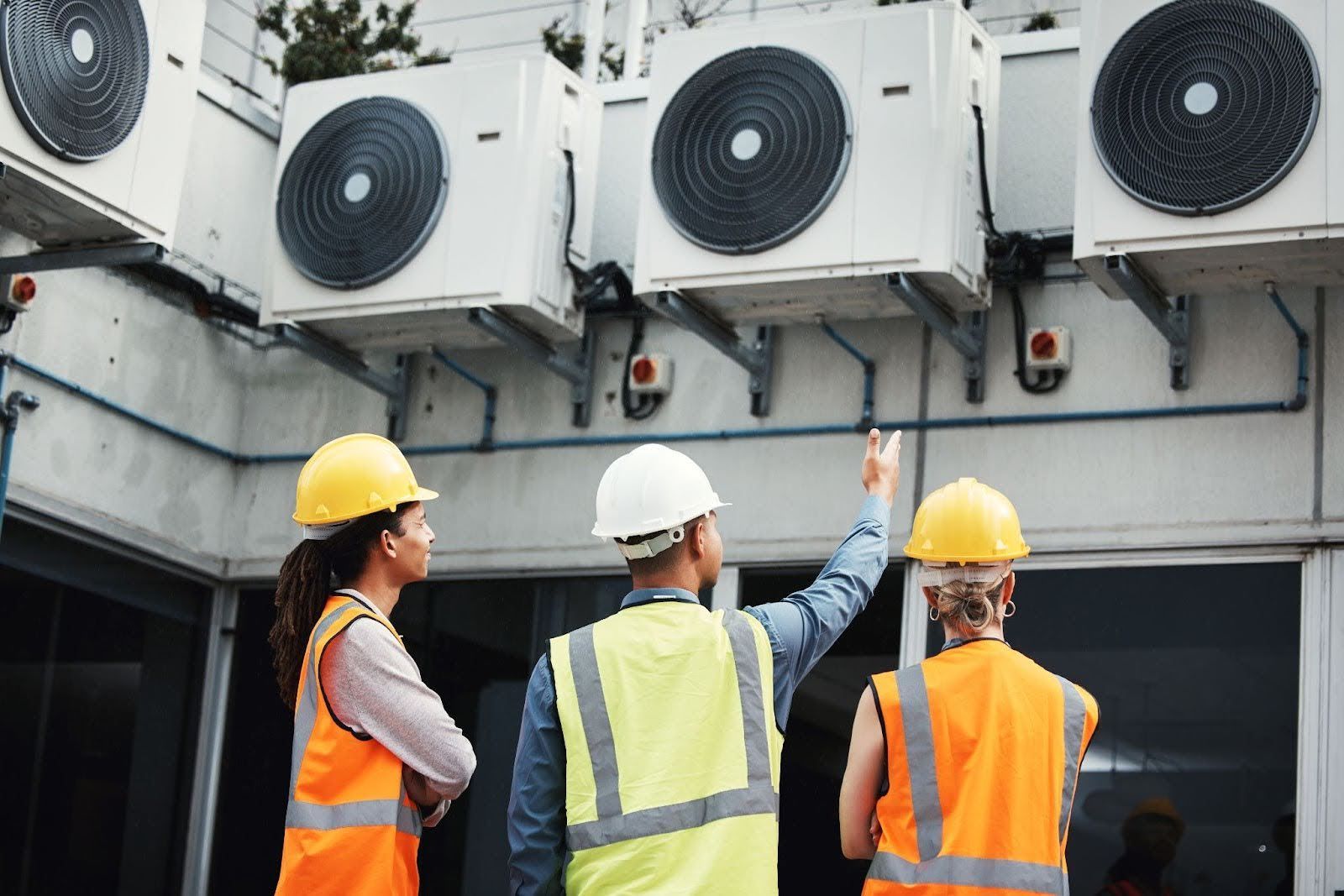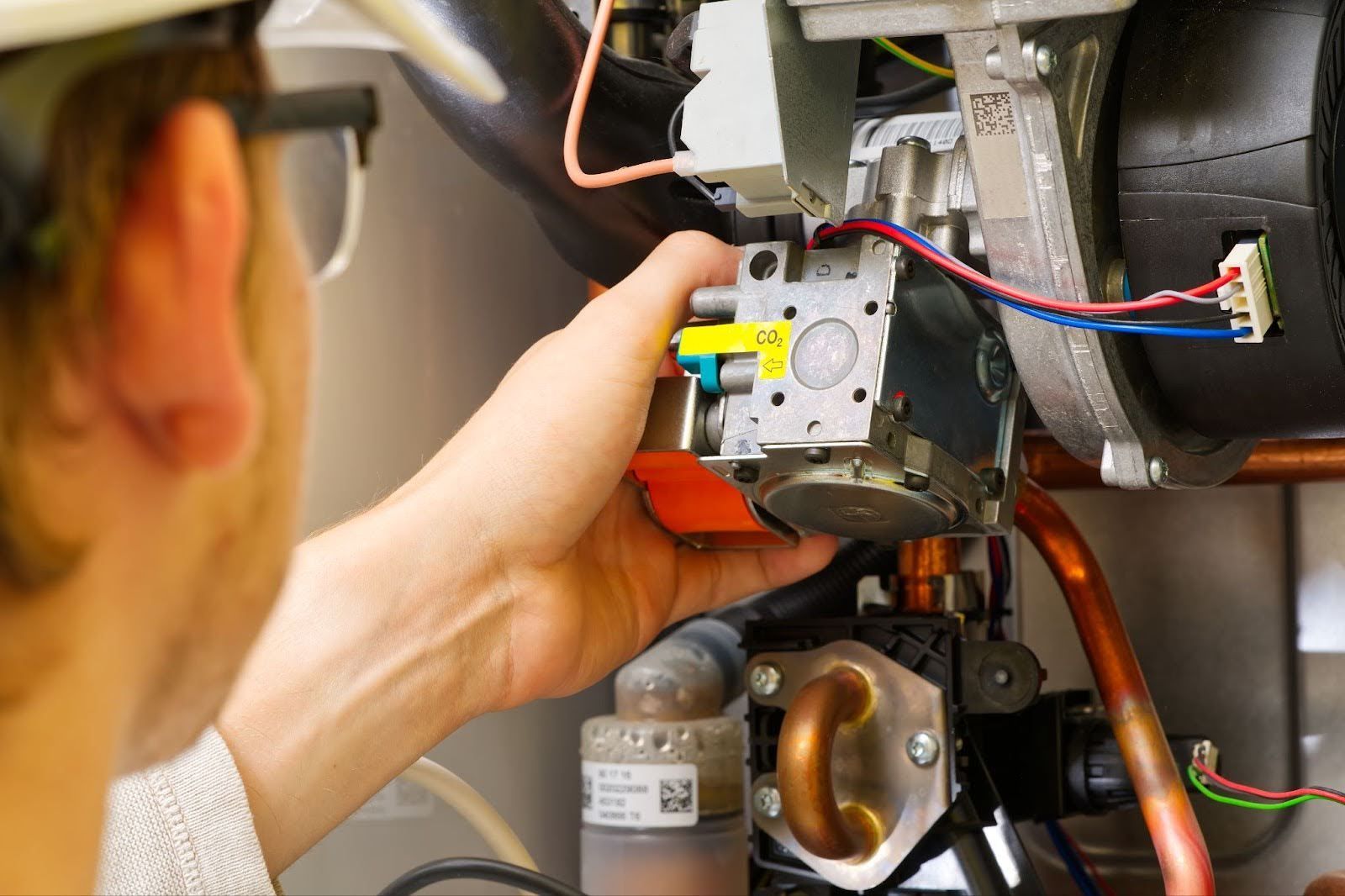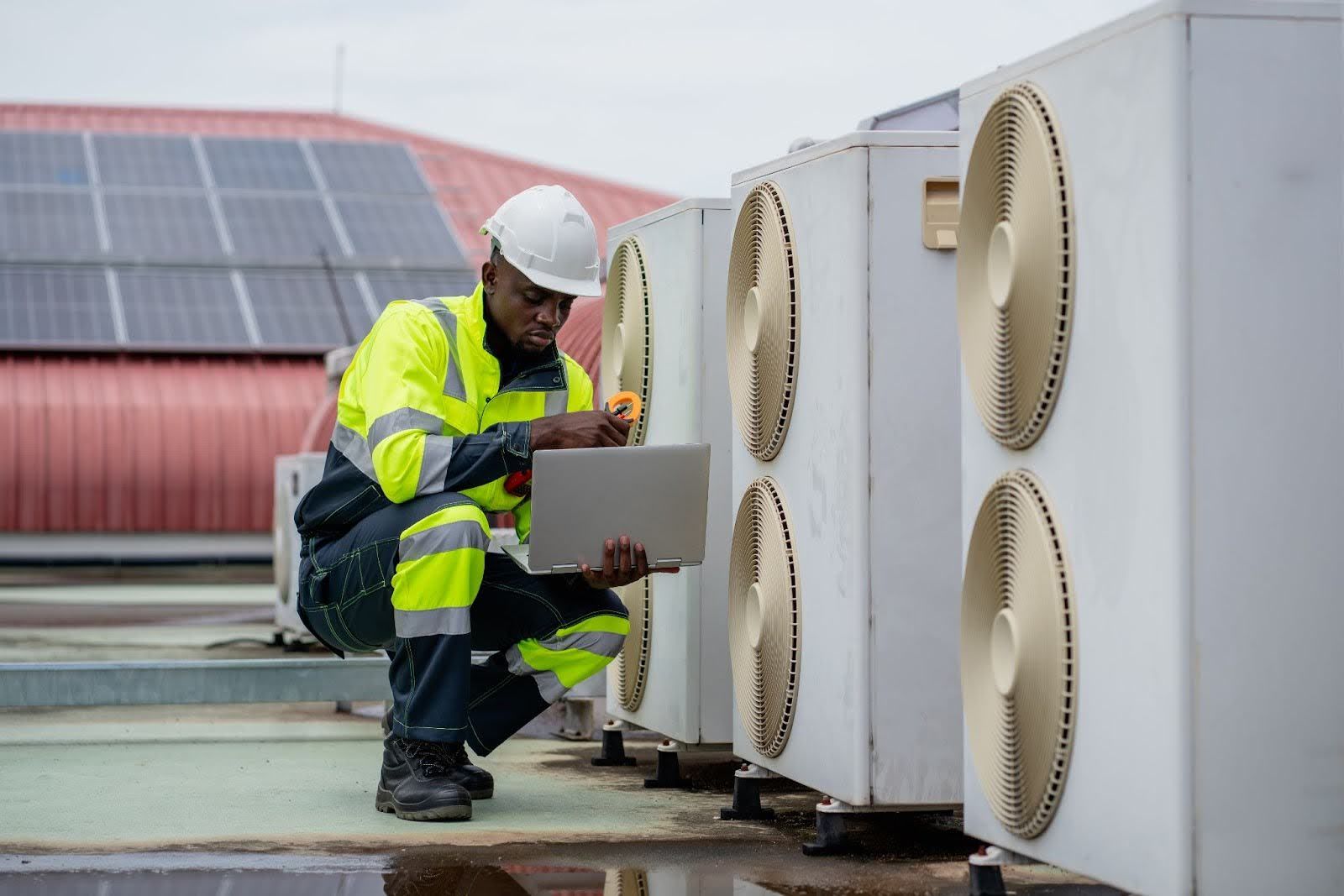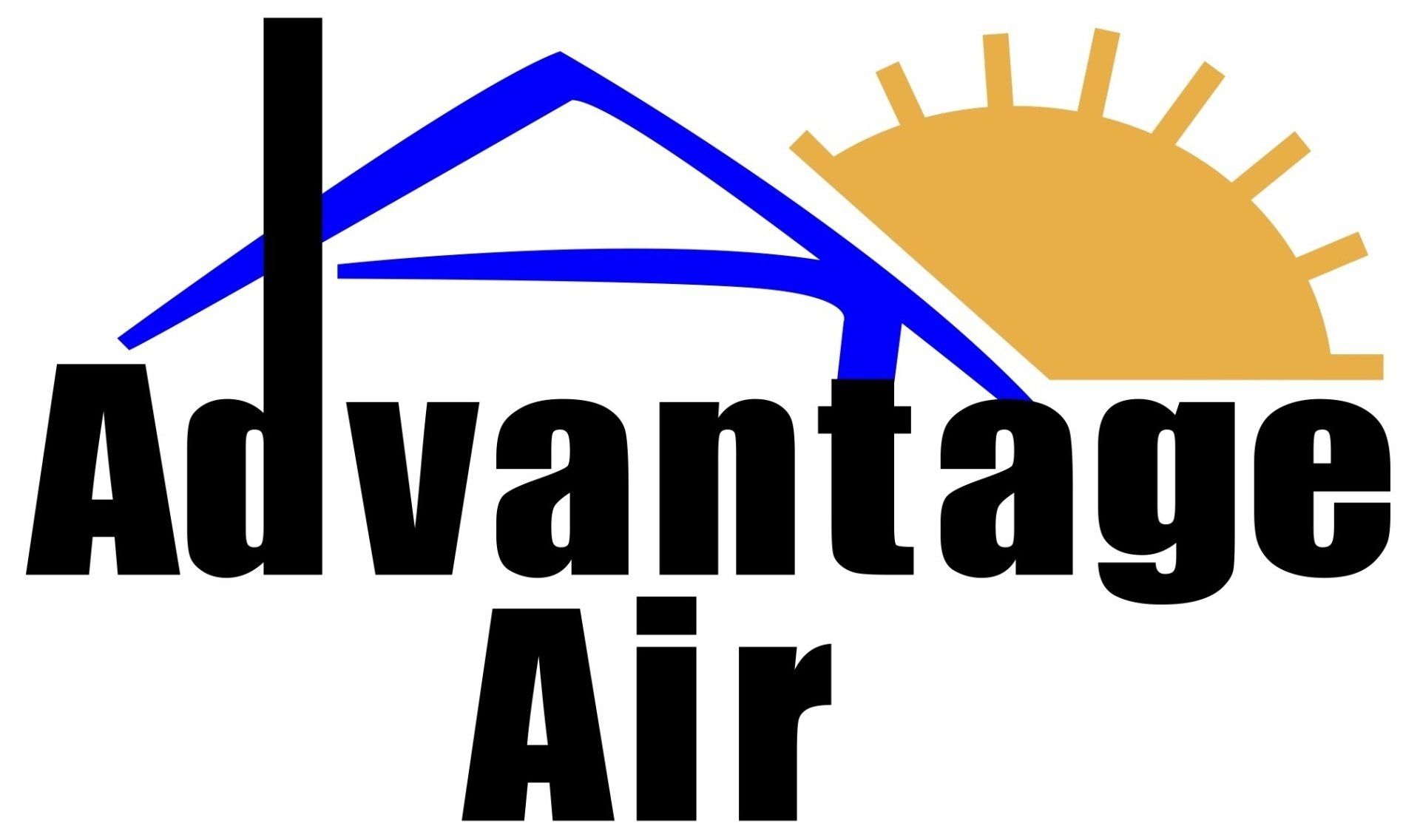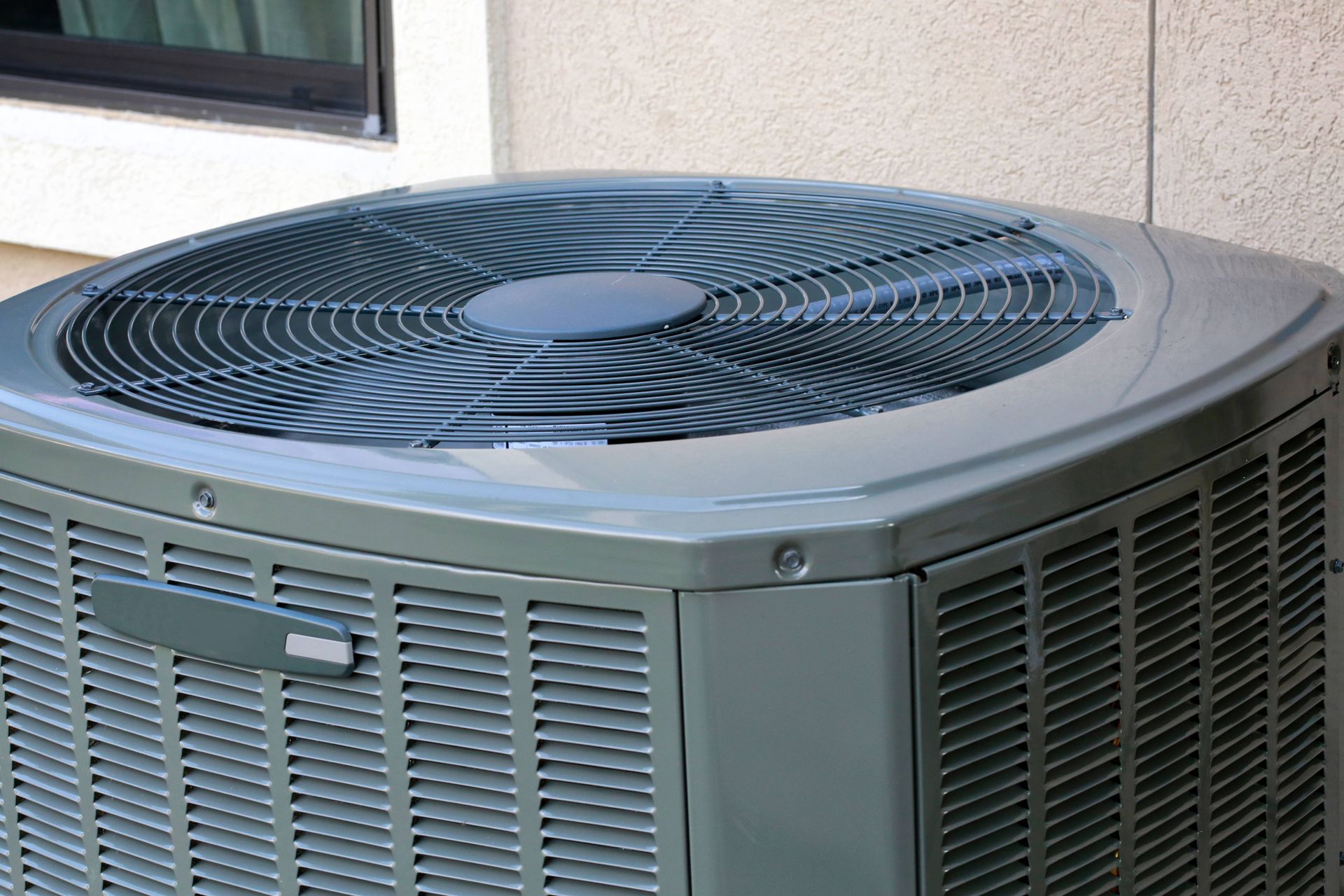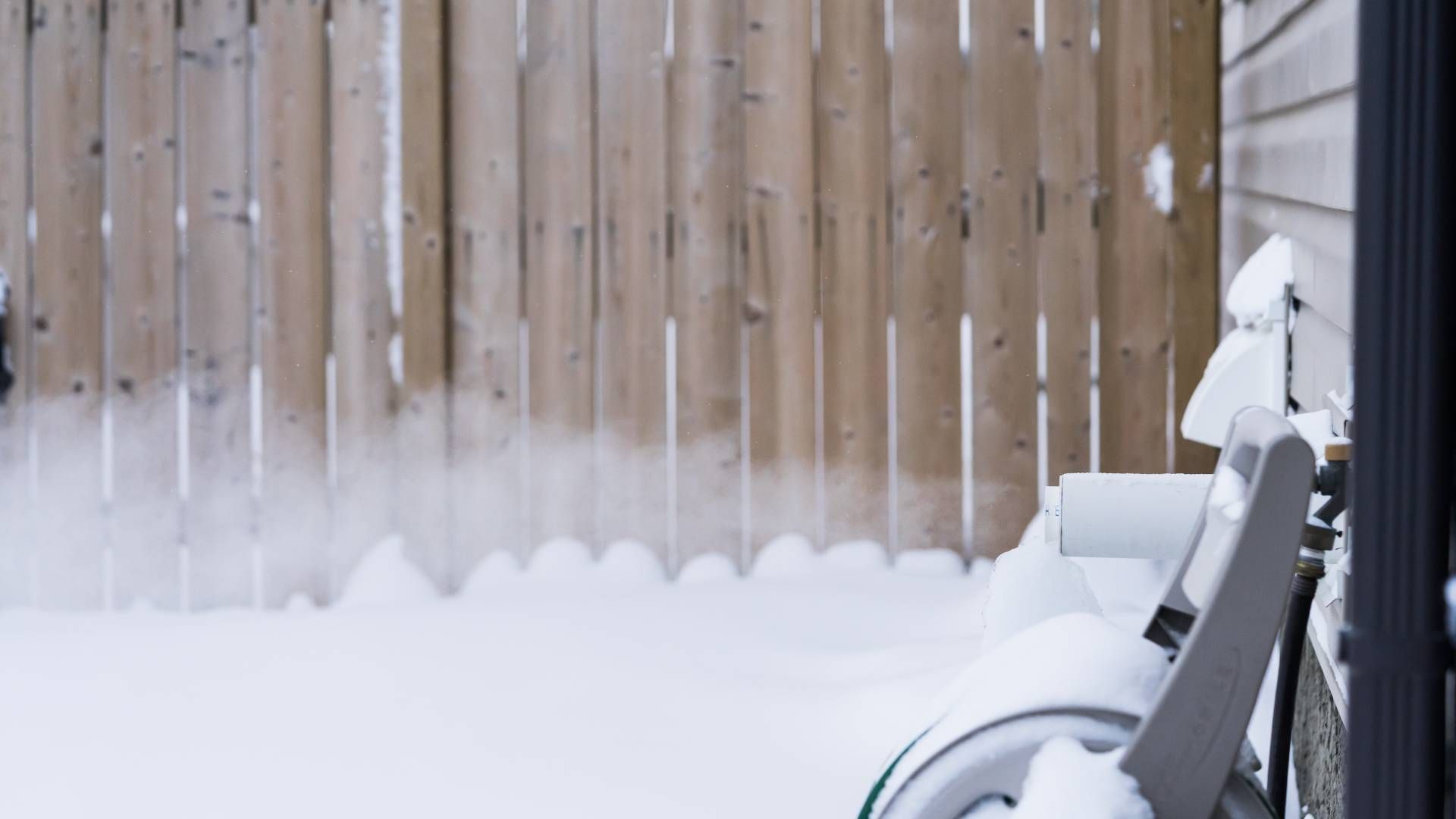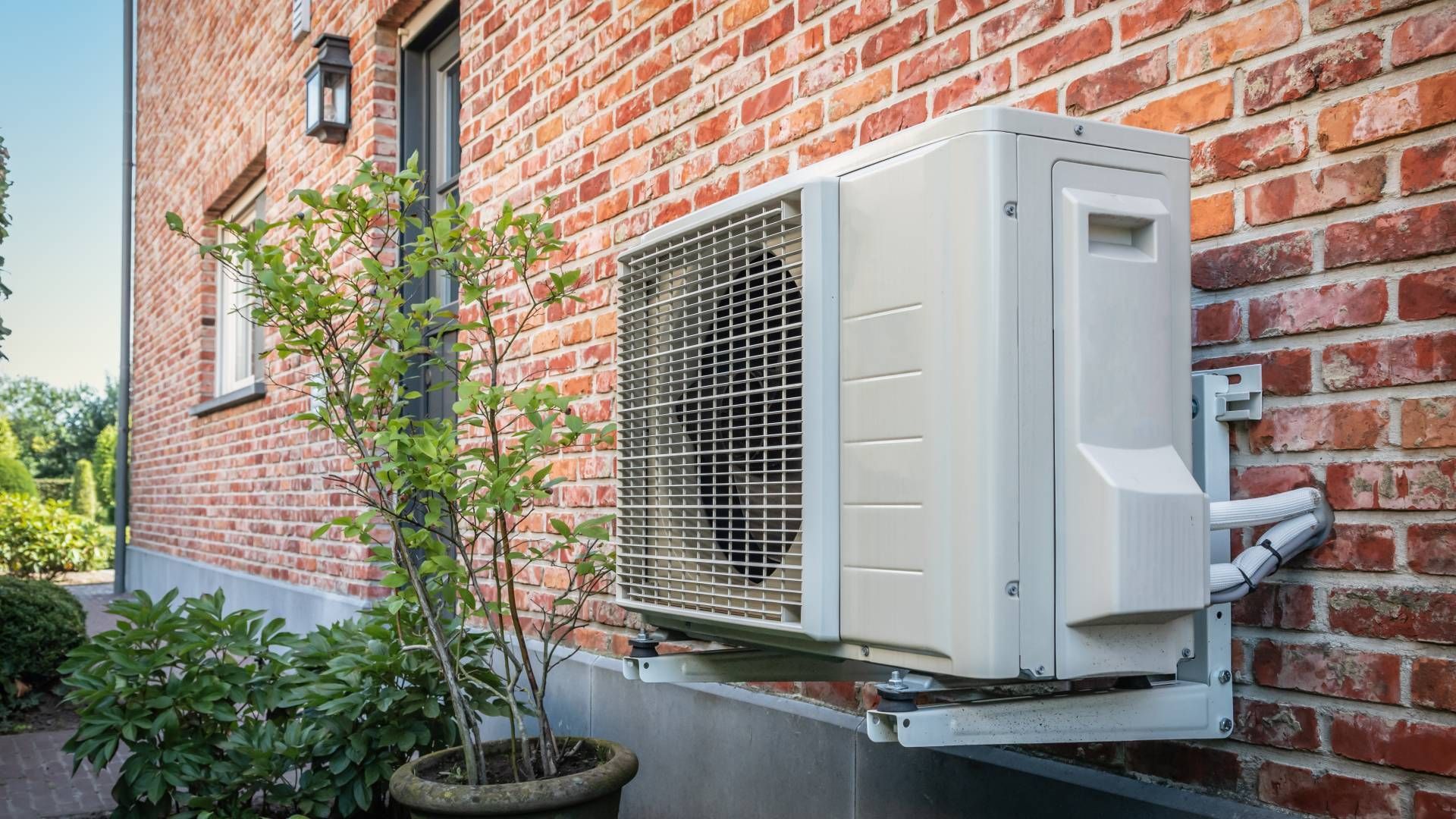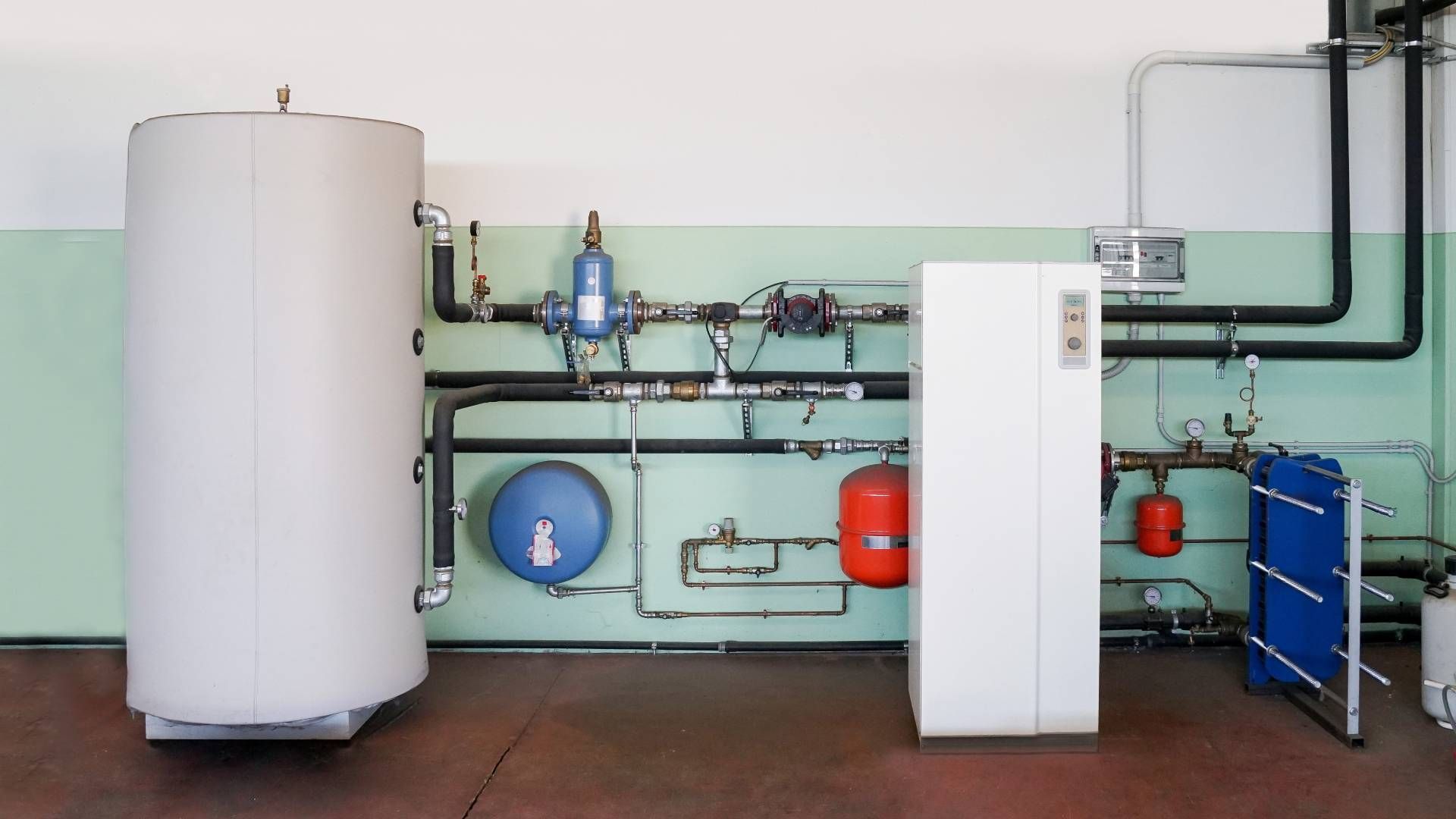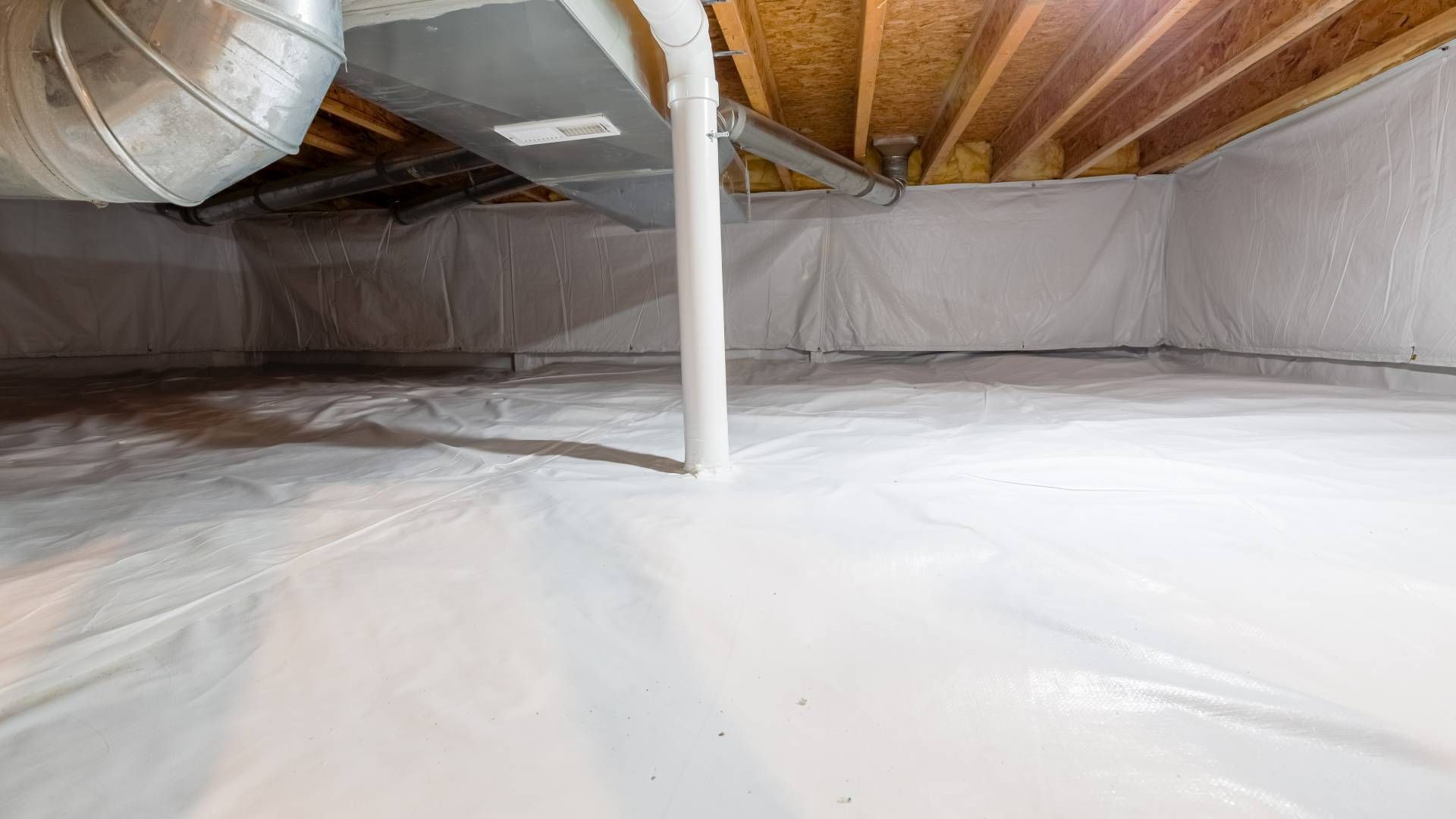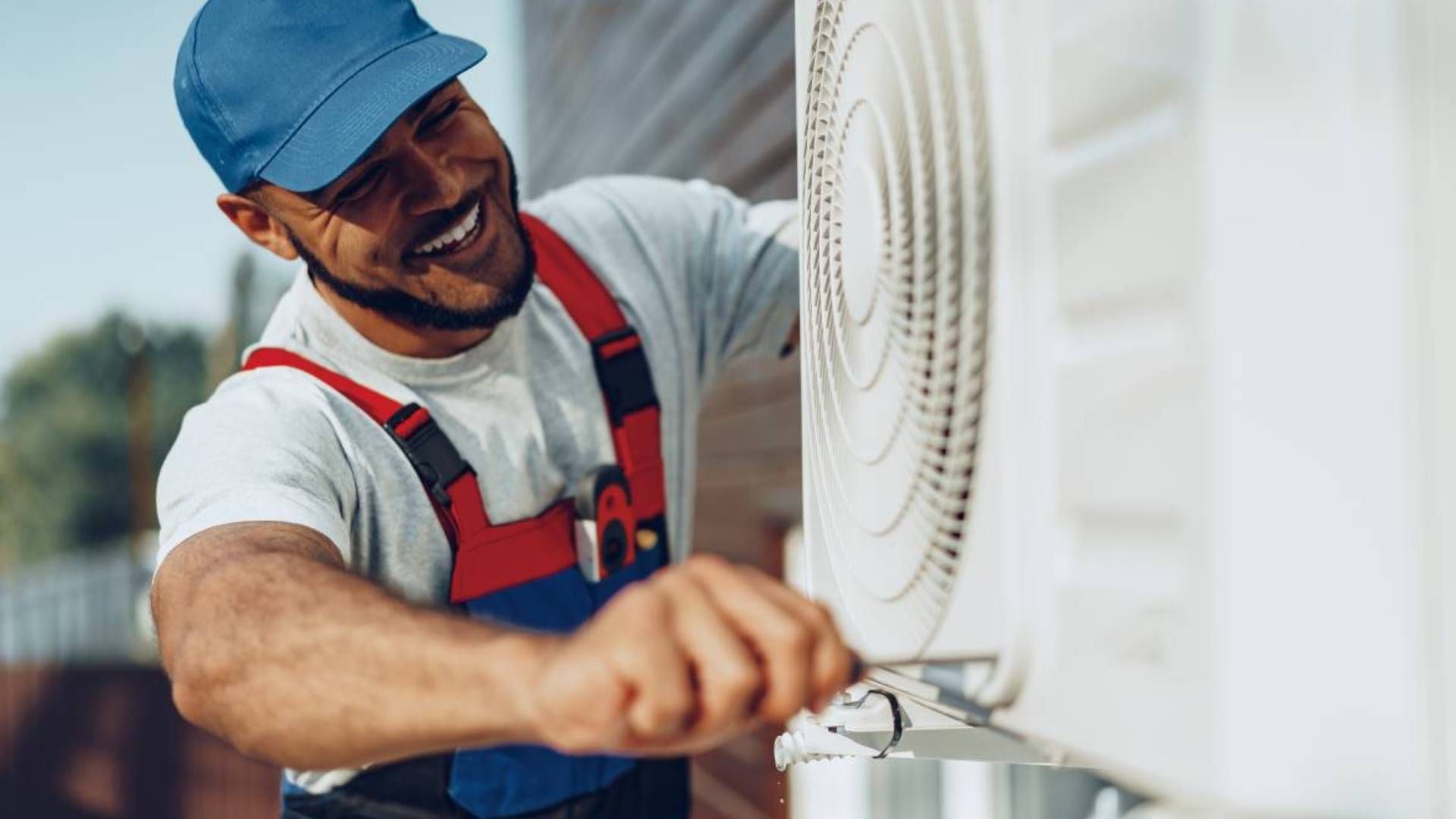The Homeowner's HVAC Emergency Checklist: What to Do Before You Call
When your home suddenly feels like an oven in summer or an icebox in winter, panic can set in quickly.
But before picking up the phone for emergency HVAC repairs, there's a smarter way to respond. This isn't just about convenience - it's about saving time, avoiding unnecessary expenses, and protecting your system from further damage. Acting calmly and using a strategic checklist puts the power in your hands, even during an HVAC emergency.
You don't need to be a pro - you just need to know what steps to take.
Here's how you can troubleshoot effectively and know exactly when to call for help.
1. Check the Thermostat Settings First
Sometimes the fix is right under your nose. Thermostat issues are among the most overlooked causes of HVAC problems. Before assuming the worst, confirm the thermostat is set to the right mode - "cool" for summer, "heat" for winter. Make sure the temperature is set several degrees above or below the current room temperature, depending on the season. If it's programmable, ensure no custom settings or schedules are interfering with performance.
Tip: Replace the batteries if it's not hardwired. Dead batteries can give the illusion of a serious malfunction.
2. Inspect the Circuit Breaker and Power Switches
Power issues are another common culprit in home HVAC troubleshooting. Head to your electrical panel and look for any tripped breakers related to the HVAC system. Resetting the breaker may restore power, but do it only once. Repeated trips indicate a deeper issue that needs professional attention.
Also, check the disconnect switch near your furnace or AC unit. It's easy for someone to accidentally flip it off while doing other home maintenance.
3. Change or Clean the Air Filter
A clogged air filter can choke your HVAC system, causing reduced airflow, poor indoor air quality, and overheating. In some cases, it might even cause the system to shut down entirely to prevent damage. Pull out your current filter and examine it - if it's gray and packed with dust, replace it.
Regular filter replacements are a key part of
HVAC maintenance and can prevent many system issues before they start.
4. Check for Obvious Blockages or Obstructions
Look at the outdoor condenser unit. Is it surrounded by leaves, branches, or other debris? These obstructions can block airflow and trigger a system shutdown. Clear at least two feet of space around the unit. Inside, make sure vents and registers aren't blocked by furniture or rugs.
Restricted airflow hurts HVAC system efficiency and forces the unit to work harder than it should.
5. Listen and Look for Unusual Noises or Smells
A strange noise - banging, grinding, squealing - or an unusual smell (burning, mildew) can be an important clue. These signs often indicate a mechanical failure, an electrical issue, or microbial growth inside the system. Make a note of what you hear or smell and when it occurs. This information can help your HVAC contractor diagnose the problem faster.
Don't try to fix these issues yourself. But recognizing them early can help prevent further damage.
6. Examine the Drain Line and Condensate Pan
A clogged condensate drain line can cause water to back up into your system, sometimes triggering an automatic shutoff. Locate the drain line (usually a small PVC pipe near the indoor unit) and check for blockages. If the condensate pan is full of water, carefully empty it and monitor for refilling.
If the clog isn't visible or reachable, it's best to call in a professional.
7. Assess Airflow from Vents
Walk through your home and test airflow at each register. Weak airflow in just one or two rooms may suggest a ductwork issue - something disconnected, crushed, or leaking. If airflow is weak throughout the house, your blower fan or motor could be malfunctioning.
Use this step to help determine whether the issue is isolated or system-wide, giving you a better sense of urgency.
8. Monitor How Long the System Runs
If your HVAC system is cycling on and off rapidly, staying on for too long, or not running at all, that behavior is important. Short cycling may indicate thermostat malfunctions, low refrigerant, or overheating. Long cycles may point to dirty components or low efficiency.
These operational quirks are clues that you're dealing with more than just a temporary hiccup.
9. Smell Gas? Turn Everything Off Immediately
If you smell natural gas or suspect a leak, do not continue troubleshooting. Leave the house immediately, call the gas company, and then call your HVAC provider once it's safe.
Gas leaks are deadly and must be handled with the utmost caution.
10. When to Call for Emergency HVAC Repairs
If you've run through this checklist and the problem isn't resolved, it's time to call a licensed HVAC contractor. Be ready to explain everything you've checked - thermostat settings, breaker status, filter condition, airflow, noises, smells, and cycle behavior. The more information you provide, the faster they can zero in on the issue.
Make sure the company you call offers 24/7 service, like Advantage Air in Lexington, KY. They specialize in emergency HVAC repairs and have trained technicians ready to restore your comfort without delay.
Why This Checklist Matters
Using a checklist during an HVAC emergency might feel like delaying help, but it's actually the opposite. You're speeding up resolution by eliminating simple problems and gathering useful details for the pros. In many cases, these steps may fix the issue entirely - no service call needed.
Even more importantly, these steps help maintain your system's long-term health. When done regularly, many of them overlap with essential HVAC maintenance tasks that improve HVAC system efficiency and prevent future emergencies.
Stay in Control During an HVAC Emergency
When your comfort is on the line, having a plan makes all the difference. This HVAC emergency checklist gives homeowners a reliable path to follow before reaching out for help. You'll troubleshoot wisely, avoid unnecessary costs, and help your contractor get the job done faster.
If you've checked every box and still need assistance, Advantage Air in Lexington, KY, is here to help. As your trusted HVAC contractor, we offer 24/7 support for emergency HVAC repairs and ongoing solutions for HVAC maintenance and efficiency. Don't settle for guesswork - get real results with the experts who care.
Contact Advantage Air today to ensure your HVAC system is in great shape!
